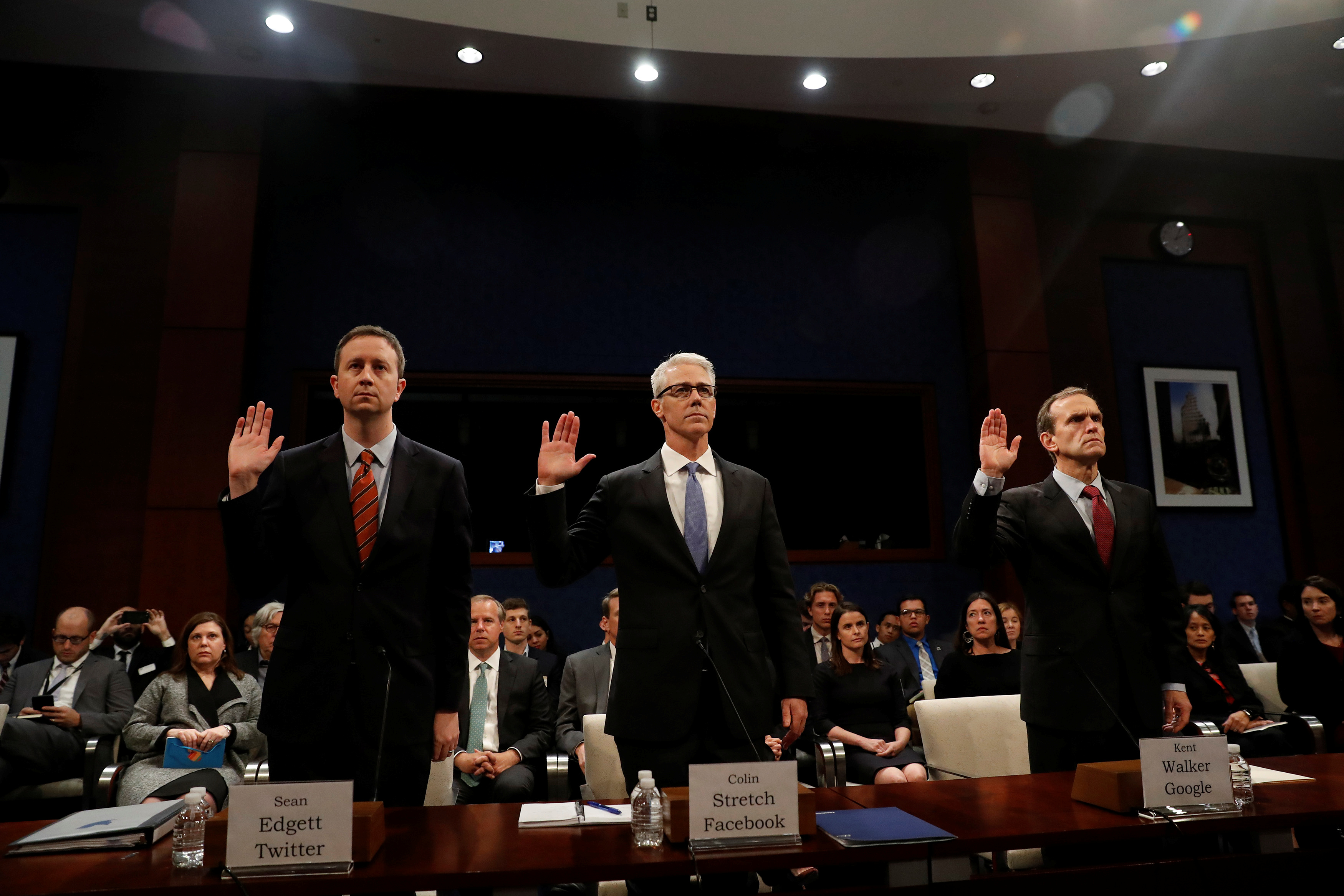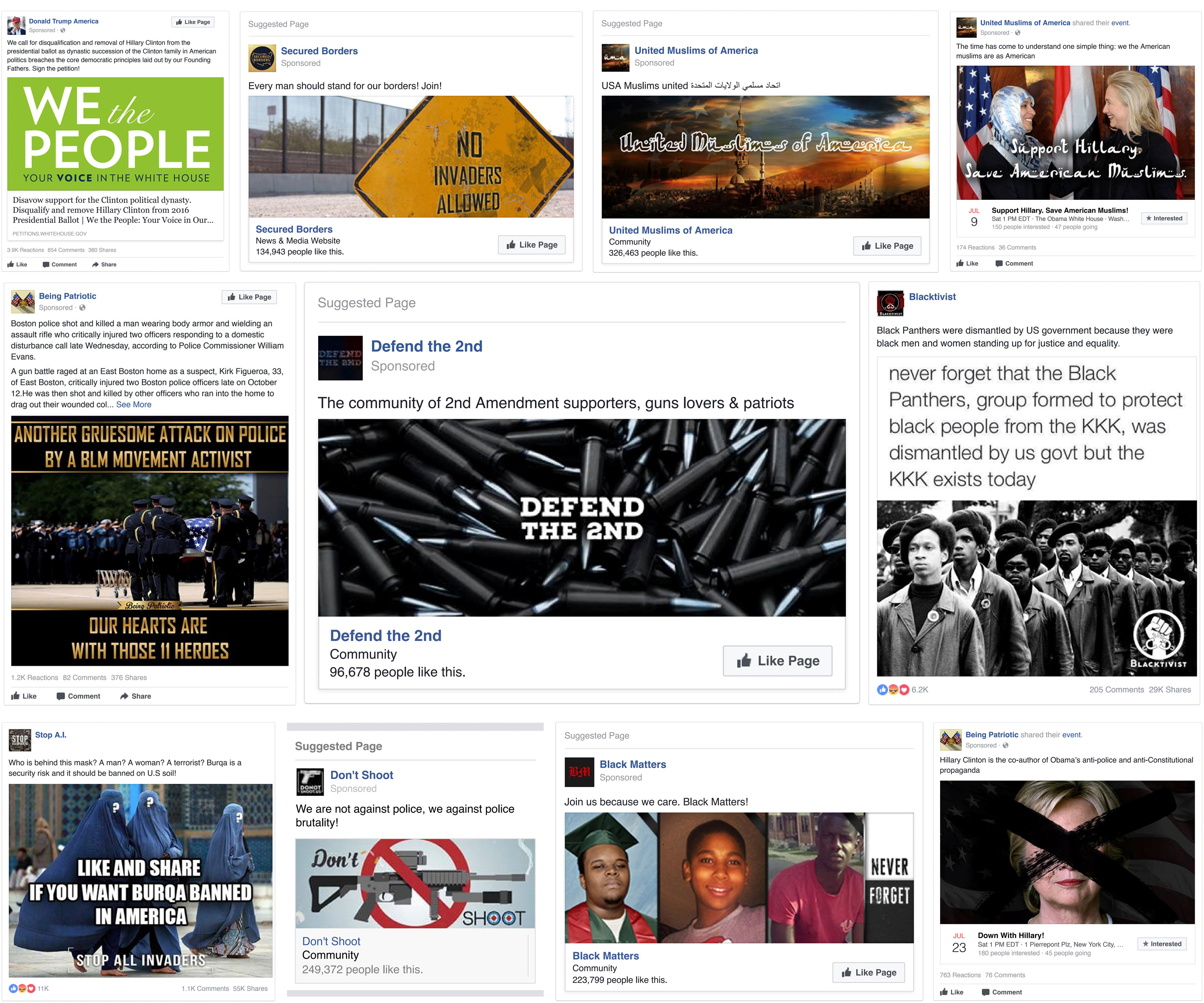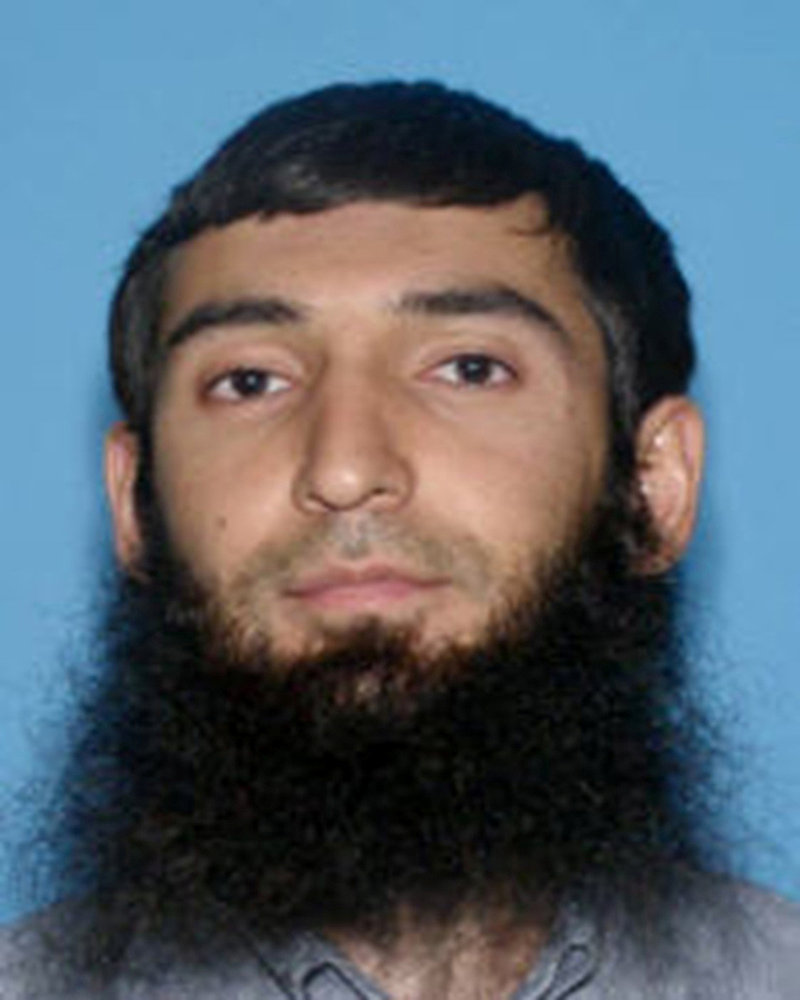
By Jane Ross and Laith Agha
LOS ANGELES (Reuters) – Hundreds of people marched in the heart of Hollywood on Sunday to support victims of sexual assault and harassment, inspired by a social media campaign that has portrayed such abuse as a pervasive feature of American life.
The #MeToo march and rally followed a relentless series of accusations by men and women who said they were victimized by high-powered figures in the entertainment industry. But marchers said they also represented men and women who had been sexually abused as children and in other situations.
“I’ve been sexually assaulted multiple times throughout my life,” said marcher Tara McNamarra, 21, of Los Angeles. “It’s affected me in every aspect of my life.”
She said the march was cleansing after years of not being taken seriously about having been abused.
Women made up a majority of the crowd, although men made a strong showing of support.
Steven Murphy, 51, of Los Angeles, said he regularly witnessed sexual harassment while working as an accountant in the healthcare industry.
“I’ve had personal experiences of friends, of co-workers who were harassed, and nothing ever came of it,” Murphy said. “They were made out to be the guilty ones. They were pressured and harassed by the company for speaking out against assault and sexual harassment in the workplace.”
The marchers started at the corner of Hollywood Boulevard and Highland Avenue, walking along the noted “Walk of Fame” until they reached the Los Angeles headquarters of news network CNN at Sunset and Cahuenga Boulevards.
Along the way, participants noted the stars of actors and producers accused of sexual harassment.
The allegations have inspired an online campaign, tagged #MeToo, that has encouraged men and women in all walks of life to reveal their own experiences with sexual harassment and assault, often years after they occurred.
Among the most recent allegations, five women detailed sexual misconduct accusations against Emmy-winning comedian Louis C.K. in The New York Times on Thursday. He admitted to the misconduct alleged against him in a statement on Friday and apologized for his actions.
More than 50 women have said that Hollywood producer Harvey Weinstein sexually harassed or assaulted them over the past three decades. Weinstein has denied having non-consensual sex with anyone. Reuters has been unable to independently confirm any of the allegations.
Earlier this month, actor Kevin Spacey apologized to actor Anthony Rapp, who had accused him of trying to seduce him in 1986 when Rapp was 14. Spacey’s representatives said later he was seeking treatment.
Eight current and former employees of the Netflix TV show “House of Cards,” who were not identified, also have accused Spacey, the star of the show, of sexual misconduct, CNN has reported.
(Additional reporting by Dan Whitcomb in Los Angeles and Sharon Bernstein in Sacramento, Calif.; Editing by Peter Cooney)











